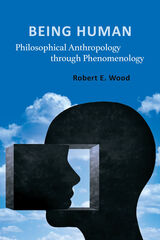
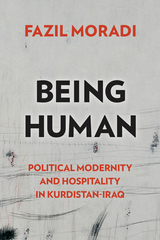

We live at a time of unparallelled environmental and moral crisis. Not only do we not believe anything but, despite exponential advances in information production, we do not know very much either. This book is a guide for everyone who, understandably, feels perplexed.
Presenting an explanation of recent findings in science and their relationship with society and politics as we enter the third millennium, the book also seeks to provide guidance towards responsible political action in this current crisis. From new technology's power to preserve the status quo, to the true impetus behind the Human Genome Project, Sean Ó Nualláin brings to topical concerns some much needed clarity.
Complete with reader-friendly summaries to current thought in the biological, physical, and social sciences, the book is designed to be accessible to a general readership, it should also appeal to all those working or studying in the Sciences.
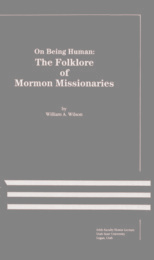
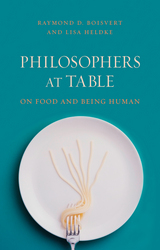
Examining a cornucopia of literary works, myths, histories, and film—not to mention philosophical ideas—the authors make the case for a bona fide philosophy of food. They look at Babette’s Feast as an argument for hospitality as a central ethical virtue. They compare fast food in Accra to the molecular gastronomy of Spain as a way of considering the nature of food as art. And they bite into a slug—which is, unsurprisingly, completely gross—to explore tasting as a learning tool, a way of knowing. A surprising, original take on something we have not philosophically savored enough, Philosophers at Table invites readers to think in fresh ways about the simple and important act of eating.
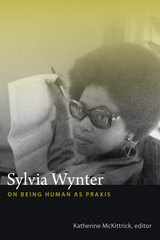
READERS
Browse our collection.
PUBLISHERS
See BiblioVault's publisher services.
STUDENT SERVICES
Files for college accessibility offices.
UChicago Accessibility Resources
home | accessibility | search | about | contact us
BiblioVault ® 2001 - 2024
The University of Chicago Press









